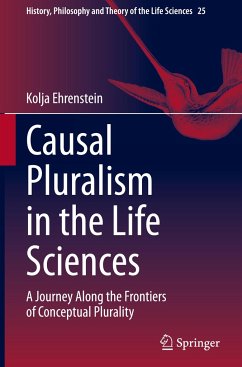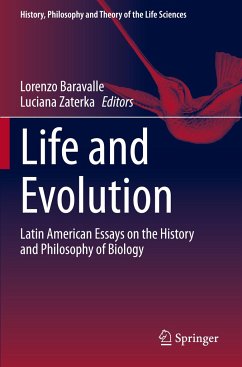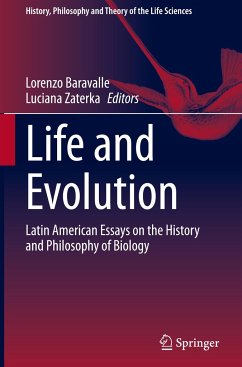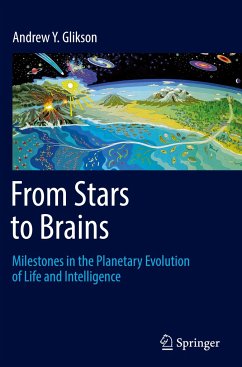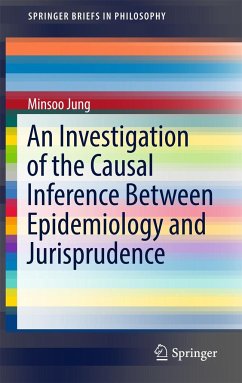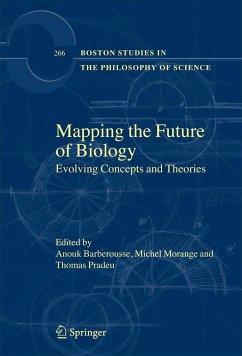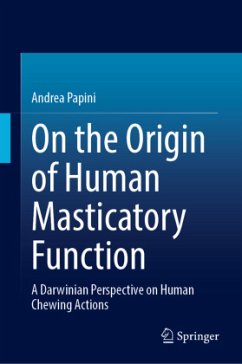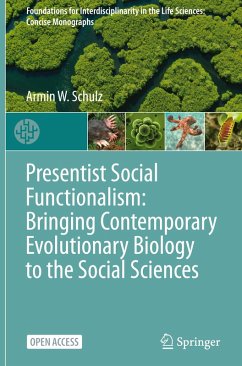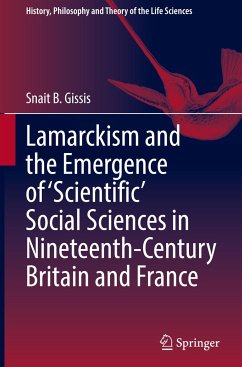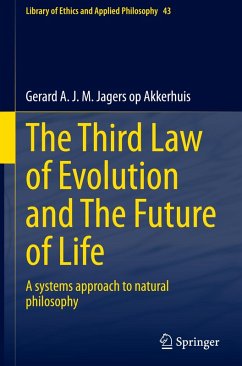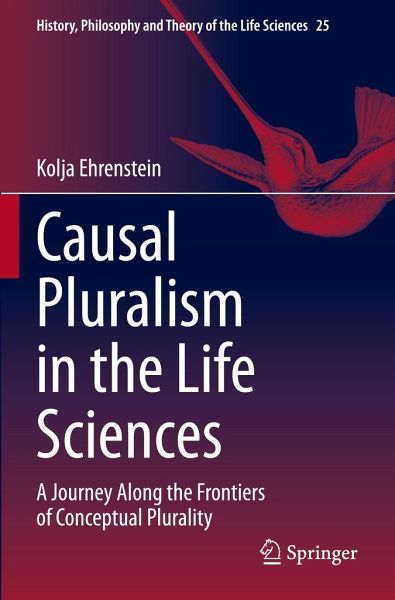
Causal Pluralism in the Life Sciences
A Journey Along the Frontiers of Conceptual Plurality
Versandkostenfrei!
Versandfertig in 6-10 Tagen
83,99 €
inkl. MwSt.
Weitere Ausgaben:

PAYBACK Punkte
42 °P sammeln!
This book takes a new approach to the debate on causal pluralism in the philosophy of biology by asking how useful pluralism is instead of debating its truth. The core thesis in this work is that many problems do not hinge on the question of whether or not we subscribe to causal pluralism. As one step in this central argument, the author develops an account that reasonably distinguishes pluralism from monism; in another step he studies cases that allegedly motivate causal pluralism in biology. Examining these cases shows how pluralism is often irrelevant and why pursuing pluralism is sometimes...
This book takes a new approach to the debate on causal pluralism in the philosophy of biology by asking how useful pluralism is instead of debating its truth. The core thesis in this work is that many problems do not hinge on the question of whether or not we subscribe to causal pluralism. As one step in this central argument, the author develops an account that reasonably distinguishes pluralism from monism; in another step he studies cases that allegedly motivate causal pluralism in biology. Examining these cases shows how pluralism is often irrelevant and why pursuing pluralism is sometimes dangerous, since it may generate pseudo solutions to persistent philosophical problems. This book offers a systematic approach to this subject matter and argues that we might have overestimated the significance of the monism-pluralism distinction and at the same time failed to see the risks of pursuing causal pluralism.





